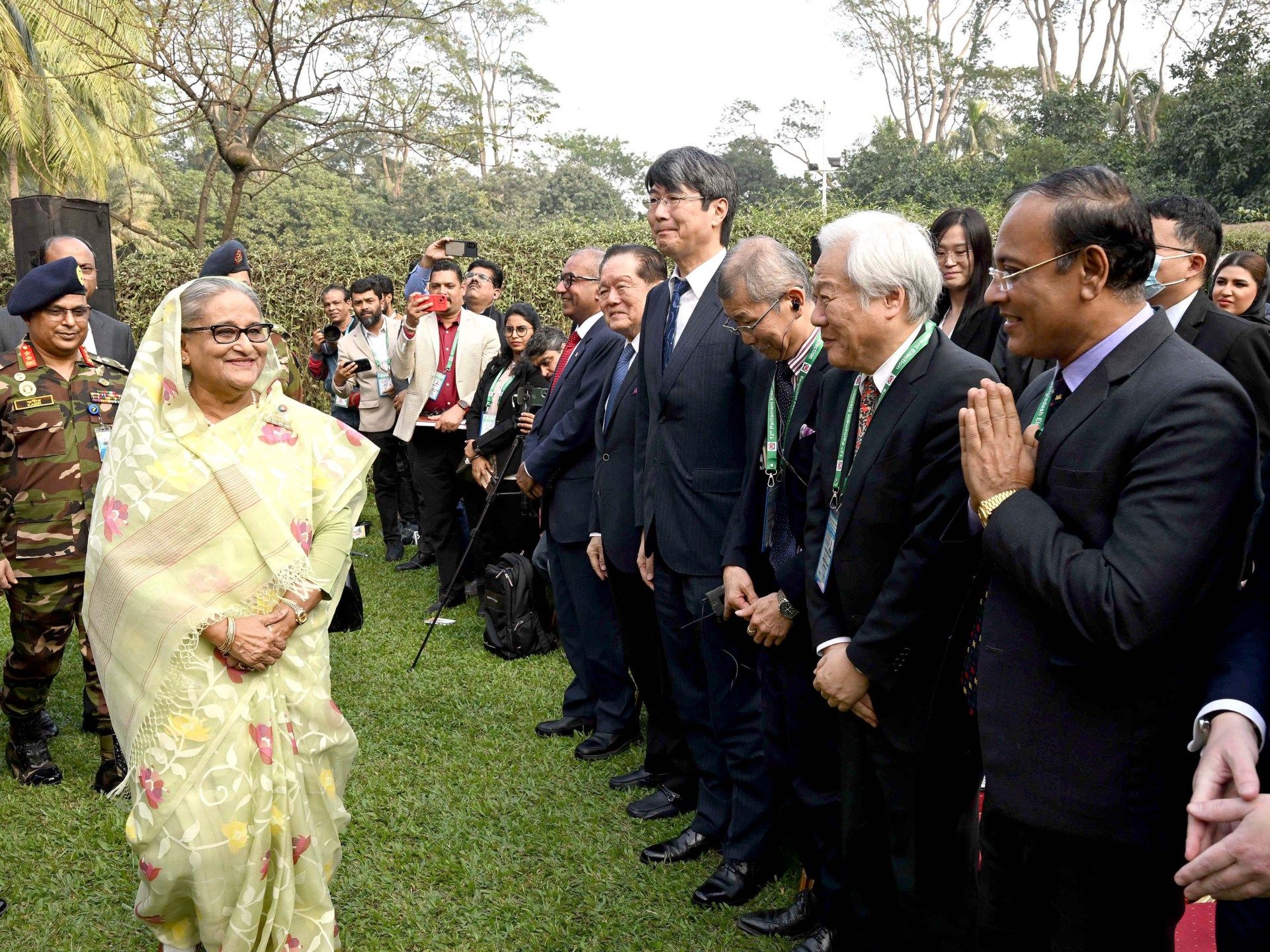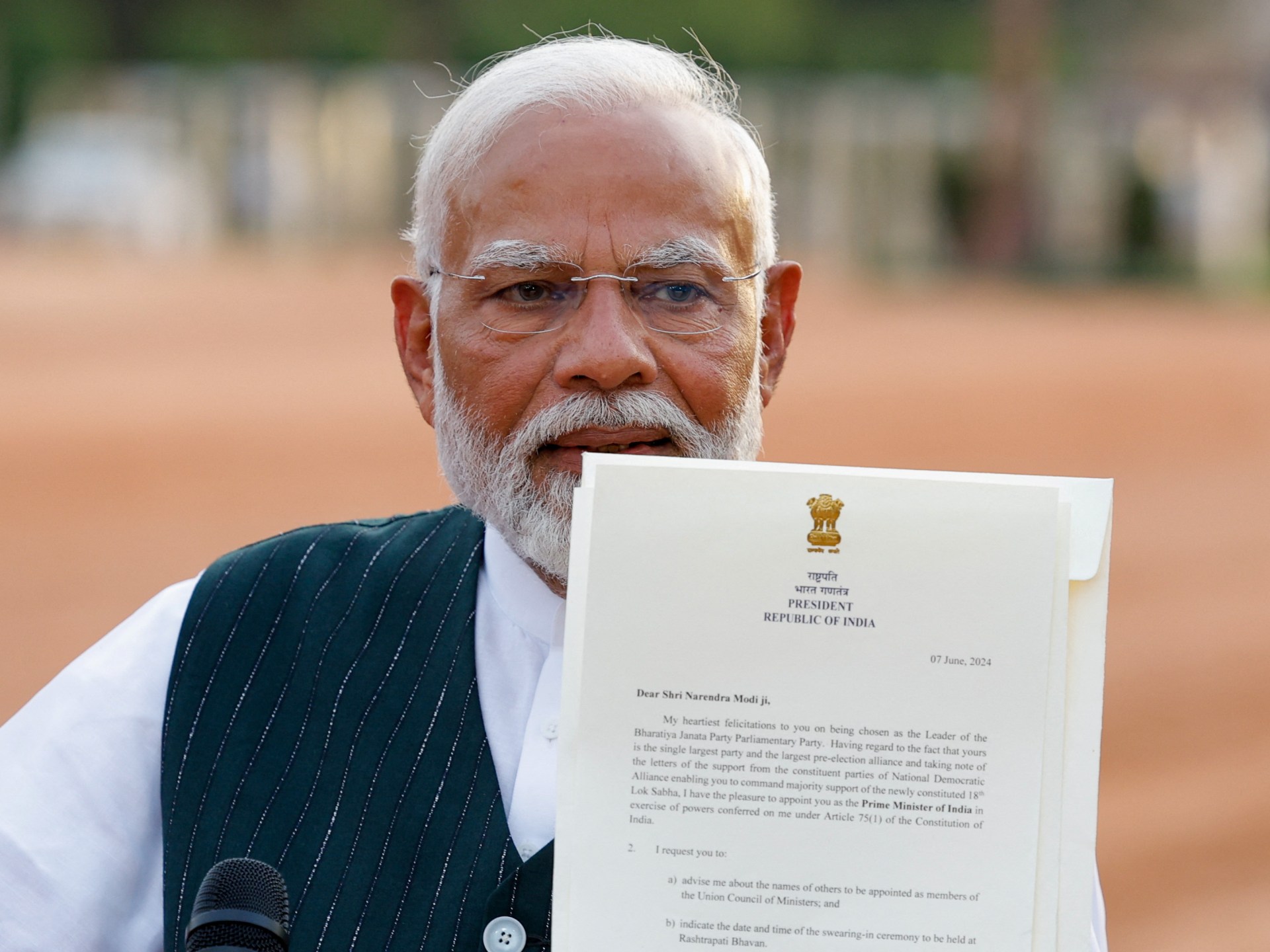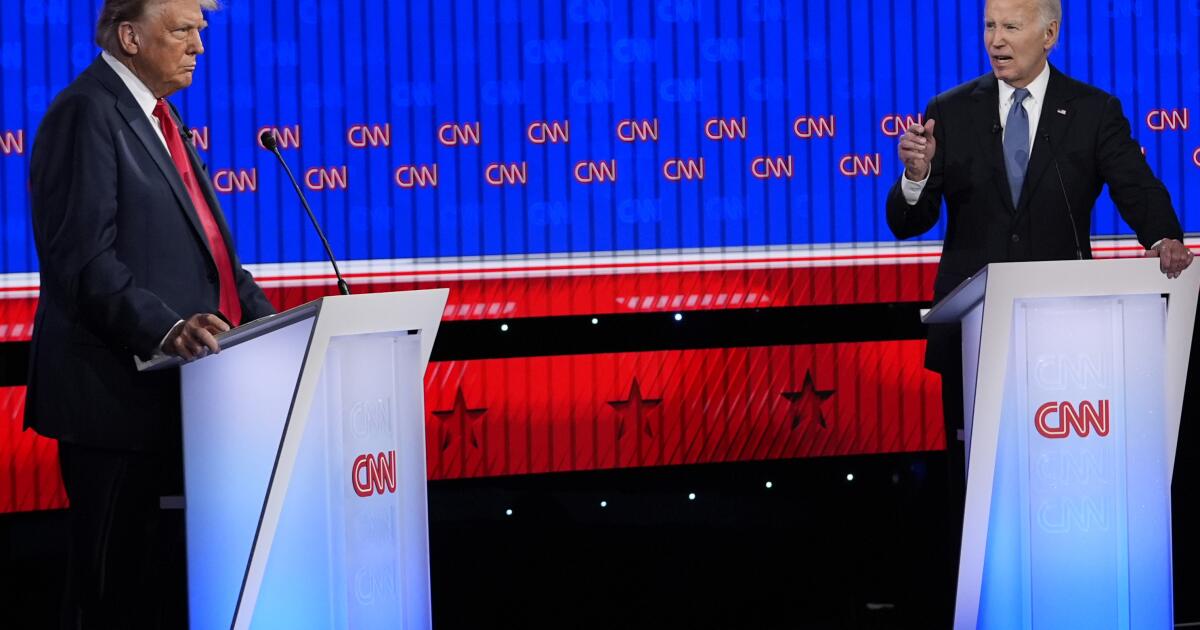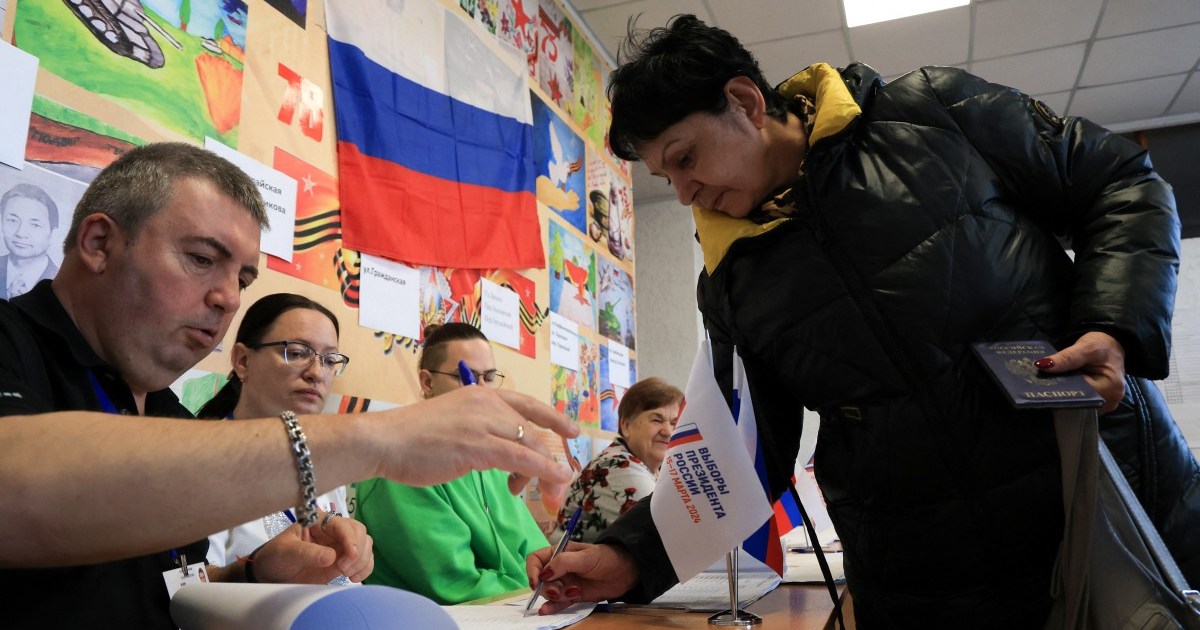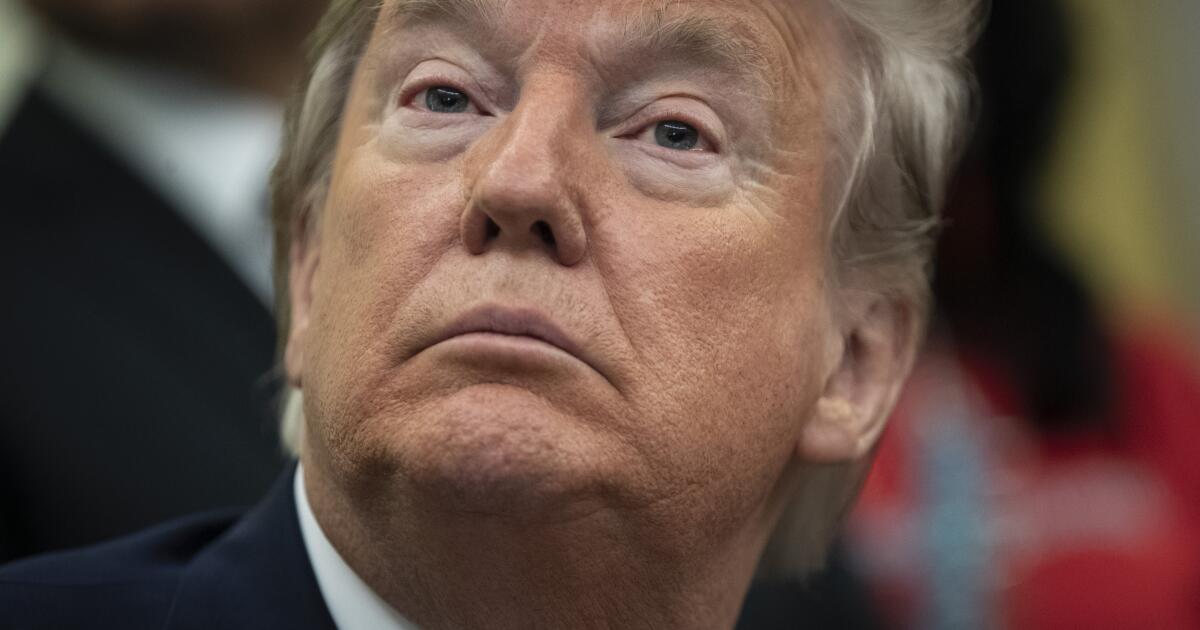Dhaka, Bangladesh — Hours after Bangladesh’s ruling Awami League was declared a landslide winner in Sunday’s election, which the opposition had boycotted, Prime Minister Sheikh Hasina greeted a queue of foreign diplomats, each of whom came to congratulate her.
Envoys from India, the Philippines, Singapore and other nations were there. The ambassadors of Russia and China also visited the prime minister.
Meanwhile, in Washington and London, the UK and US governments criticized the election as illegitimate. US State Department spokesman Matthew Miller said in a statement that Washington believed the voting process “was neither free nor fair, and we regret that not all parties participated.” The United Kingdom criticized what it described as “acts of intimidation and violence” during the election.
Bangladesh’s response? “It doesn’t bother us,” Foreign Minister AK Abdul Momen said on Tuesday when asked about the US and UK comments.
That contrast between the West’s condemnation and the welcoming embrace of China and Russia is a window into the potentially dramatic foreign policy consequences of Hasina’s return to power, political analysts and economists say. For the West, Hasina’s growing ties with China and Russia, plus Bangladesh’s rejection of her election concerns, could poison ties with Dhaka. But that, in turn, could end up bringing Dhaka even closer to Beijing and Moscow.
Dhaka-based political analyst Zahed Ur Rahman said he believes there is a possibility that the United States could impose visa restrictions and targeted sanctions against people who played key roles in conducting the election, which independent observers have criticized for violence and intimidation against the leaders of the ruling party. political opponents. In August, the United States had declared a first series of visa restrictions for some Bangladeshi officials.
But doing so, he said, could jeopardize US plans to include Bangladesh in its strategy to balance China’s rise, especially with deepening economic ties between Dhaka and Beijing. China has been Bangladesh’s largest trading partner for more than a decade, a period during which Hasina has ruled uninterrupted.
“The new administration will find it very difficult to work deeply with the US strategy in the Indo-Pacific, which is actually a policy to contain China,” Rahman said.
Meanwhile, Russia has supported Bangladesh in opening the country’s first nuclear power plant. Dhaka received the first supply of uranium from Moscow in October. Russia is also a major supplier of three essential commodities (fuel, grains and fertilizers) to Bangladesh at relatively affordable prices. “If the West, led by the United States, becomes very coercive with the new government, then Bangladesh’s ties with Russia will grow rapidly,” Rahman said.
That geopolitical calculation poses challenges for the West, experts said. It will be difficult for the United States and its allies to do business as usual with Bangladesh. But it is unclear how far they might go in their attempt to harm Hasina’s government.
The West “will face a serious dilemma,” said Ali Riaz, a professor and political scientist at Illinois State University.
However, Bangladesh also faces difficult decisions.
The country’s textile industry, which employs four million workers, recorded exports worth $47 billion in 2023, 84 percent of the country’s total exports. The United States is the largest export destination for Bangladeshi garments.
However, recently, eight members of the US Congress wrote to the American Apparel and Footwear Association to pressure Dhaka on fair wages and labor rights in Bangladesh. Several workers have died in clashes with security forces during street protests calling for an increase in minimum wages. Bangladesh’s embassy in Washington warned its government in Dhaka that the country’s garment sector could become a target of Western measures.
It’s a concern shared by economist Mustafizur Rahman. “If the US and the EU take any punitive measures in the form of additional tariffs or sanctions, then of course there will be an adverse impact,” Rahman, a distinguished fellow at the Dhaka-based Center for Political Dialogue, told Al Jazeera. Bangladesh’s dependence on garment exports makes it particularly vulnerable to such attacks, he said.
And any resulting economic upheaval would only push Bangladesh further towards China. “It is not because Western countries can exert more pressure or recalibrate their policy, but because the current economic crisis will require deep-pocket support and there will be a growing ideological affinity between the leaders of these two countries,” Riaz said at the State University of Illinois. University.
In Dhaka, Awami League spokesman Mahbubul Alam Hanif insisted that Sunday’s elections would not affect the government’s relations with the West.
“We have development partners and they often give suggestions, including to strengthen democracy, but I don’t think Sunday’s elections will affect US-Bangladesh relations,” Hanif said.
How the re-elected Awami League government handles post-election politics could also determine the pressure on the United States and its allies to act against Bangladesh.
Since mid-August last year, more than 27,200 members of the main opposition Bangladesh Nationalist Party have been jailed and at least 104,000 have been sued on various charges, according to BNP figures. At least 27 BNP men have also been killed in political violence since October.
With a supermajority in parliament (the Awami League won 222 of 300 seats, and many of the more than 60 independents who won are former members of the ruling party who were supposedly asked to run to give the appearance of fighting), the leaders of The opposition hopes that the government will attack them even more.
BNP leader Kayser Kamal said the “illegitimate” government would intensify its crackdown on opponents to divert attention from the “sham” election.
Riaz agreed. “Bangladesh is becoming a de facto one-party state,” he said. The government, he said, “will adopt more repressive measures and will try to decimate any type of opposition through legal and extralegal measures.”

